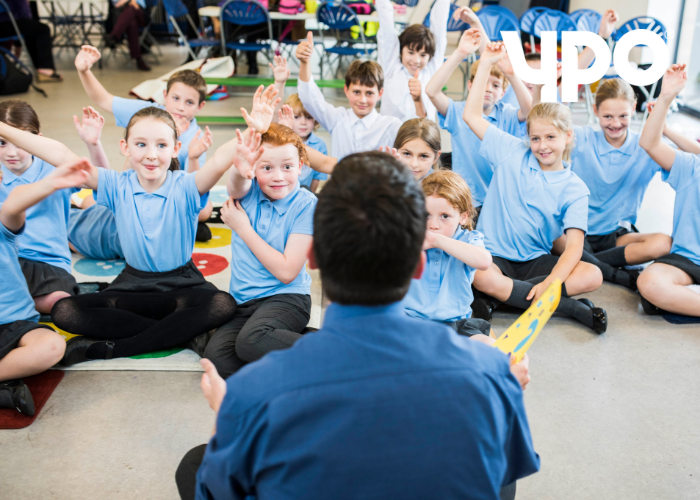5 things you need to know about the UK National Curriculum

The UK national curriculum is recognised globally around the world, used in many different countries. Explore our top 5 facts about the national curriculum in the UK, and find out more about how it works, what it covers, and how it's split up by age.
The UK curriculum is split into key stages
Depending on how old children are, they’re split into different ‘key stages’, which are used to indicate the level of learning at each point in a child’s education. Children are assessed on different topics, depending on the key stage, to check for comprehension and understanding throughout education. Follow our handy table below to find out about the different key stages and corresponding age groups, along with the name of the year group.
| Children's Age | Year group | Key stage |
|---|---|---|
| 3 to 4 | Early years | |
| 4 to 5 | Reception | Early years |
| 5 to 6 | Year 1 | Key stage 1 |
| 6 to 7 | Year 2 | Key stage 1 |
| 7 to 8 | Year 3 | Key stage 2 |
| 8 to 9 | Year 4 | Key stage 2 |
| 9 to 10 | Year 5 | Key stage 2 |
| 10 to 11 | Year 6 | Key stage 2 |
| 11 to 12 | Year 7 | Key stage 3 |
| 12 to 13 | Year 8 | Key stage 3 |
| 13 to 14 | Year 9 | Key stage 3 |
| 14 to 15 | Year 10 | Key stage 4 |
| 15 to 16 | Year 11 | Key stage 4 |
At different times during the key stages, children are assessed on important topics. For example, in year 2, during key stage 1, pupils are tested on their English and maths comprehension, and in year 4, pupils are examined on their multiplication table understanding. Having defined key stages during education provides a clear understanding of children’s progress.
The UK national curriculum features a list of compulsory subjects to be taught
For key stages 1 and 2, these are:
- English
- Maths
- Science
- History
- Geography
- Design and technology
- Computing
- Languages
- Music
- Art and design
- Physical education
For key stages 3 and 4, the subjects are largely the same, but also include citizenship. Key stage 1 and 2 tests are carried out to examine children’s English and maths skills.
Teachers are encouraged to get creative with lesson plans
Although the UK school curriculum is designed to provide a standardised way for all children to have access to the same learning topics, it does allow for teachers to get creative with the ways in which they teach the subjects required. Due to the depth of each subject matter, teachers can plan different lessons designed to help engage children in the topic. Teachers need to prepare children for different tests and exams throughout their time in education, however, are able to design lessons aimed to encourage children to find interest in each topic.
The national curriculum in the UK is recognised worldwide
The UK national curriculum is one of the most widely used curricula in international English-speaking schools. This is due to the UK curriculum being known as a well-rounded and comprehensive system, aimed at giving children an in-depth understanding of a range of essential subjects. Because of this nationally and globally used system, children can easily transition from one school to another, and are able to pick up from where they left off relatively easily. The examinations that take place in the UK are GCSE exams, and A-level exams, which are also well-accepted globally, making it easy for students studying the UK curriculum to make use of their qualifications internationally in the future.
Extracurricular activities are encouraged
Whilst much of the national curriculum in the UK is focused on academic studies, there are plenty of vocational studies including art and design, and physical education, which is taught throughout a child’s education. Subjects such as physical education and art are also often encouraged in extracurricular activities, such as after-school clubs, sports teams and more. Schools that follow the UK curriculum also have the opportunity to learn about subjects such as drama and performing arts, and team sports activities.
At YPO, we provide a large range of UK curriculum-specific learning resources, designed to help support teachers and pupils throughout the UK national curriculum. Explore our full range of curriculum products available here.
